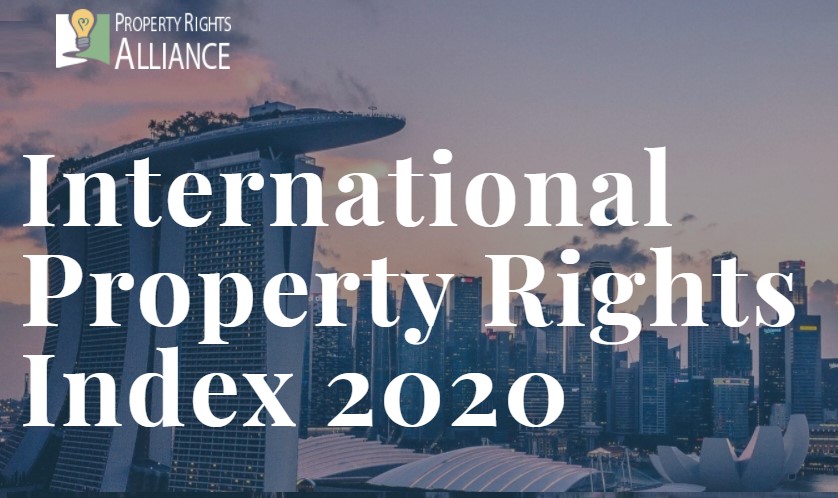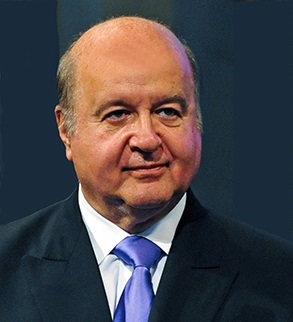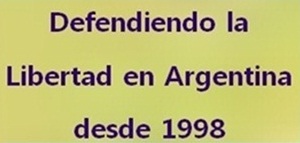F. Atlas en ¨International Property Rights Index 2020¨, liderado por Hernando de Soto

Fundación Atlas para una Sociedad Libre

Podés acceder al informe en el siguiente link: https://www.internationalpropertyrightsindex.org/
A continuación la nota de presentación de Hernando de Soto, autor de "The Other Path" ("El otro sendero") y Presidente del Property Rights Alliance.

Hernando De Soto
I congratulate Dr. Sary Levy Carciente, 2020 Hernando De Soto fellow, and the Property Rights Alliance Executive Director Lorenzo Montanari for their monumental achievement in constructing the 2020 International Property Rights Index (IPRI), and also for their abiding work promoting property rights around the world.
Property rights this year, as evidenced by the Index, took a slight downward turn, a global decrease of .26 percent only highlights the need to double efforts on this essential issue.
It is always heartening to see new countries added to the Index – a sign they are focusing on reforming their property rights environment. This year Madagascar and Gabon were added for the first time. Liberia and Sierra Leone, two countries from the 2019 Index, could not be included in 2020. Availability of required data is the only factor that determines countries’ inclusion in the IPRI.
The unprecedented pandemic crisis has opened wounds to Intellectual Property (IP) Rights. The relaxation of patents to help fight the pandemic and other internal and external IP risks underline that IP is a valuable, intangible asset that becomes more relevant in challenging times and beyond.
The COVID-19 pandemic has had a great impact on vulnerable members of indigenous communities: for example, Peru’s Amazon region. The economic recession and unemployment in cities, along with mining and deforestation, has increased migrations to their territories. It is essential that indigenous peoples of Peru’s Amazon region be provided with property rights allowing them to negotiate on an equal footing in global markets. Property rights enable protections from invasion of their territories and generate inclusion in the prosperity of the new order.
All over the globe only about 1 billion of the 7.8 billion people have real unquestionable rights to own their property and their ideas. A smaller privileged component, namely U.S. citizens (331 million), have access to “deep capital” by having mineral rights attached to their property rights; elsewhere they are owned by the government. Unfortunately, a mere 30% of the global population has legally registered rights to their land and homes. In poor property rights ecosystems, people’s assets can be stolen, ideas copied, and wealth written off.
Property rights guarantee freedom and provide incentives allowing people to live and work for a purpose and not be locked out of the formal economy. Without an integrated formal property system, a modern market economy is inconceivable.
The correlations in the IPRI are broad including productive drive, underlying conditions, human mobility, digital society and health-life, and showing that property rights are an integral part of a prosperous ecosystem. Business Freedom, Quality of Life, GDP per capita, the Global Innovation Index, Human Flight and Brain Drain are some of the components of the correlations’ clusters. Each component provides insightful data for societies and economies shaping, in detail, the final scores of the International Property Rights Index. All the data components show the effects of property rights protection on levels of economic performance and vice versa.
I consider it a great honor to introduce the International Property Rights Index and to support the work of the Property Rights Alliance in their mission to cultivate public dialogue on the essential role of property rights in economic advancement around the world.
Sincerely,
Hernando de Soto
President
Últimos 5 Artículos del Autor
16/05 |
Reason Weekend 2024
10/07 |
Freedom Fest - Las Vegas
.: AtlasTV
.: Suscribite!



